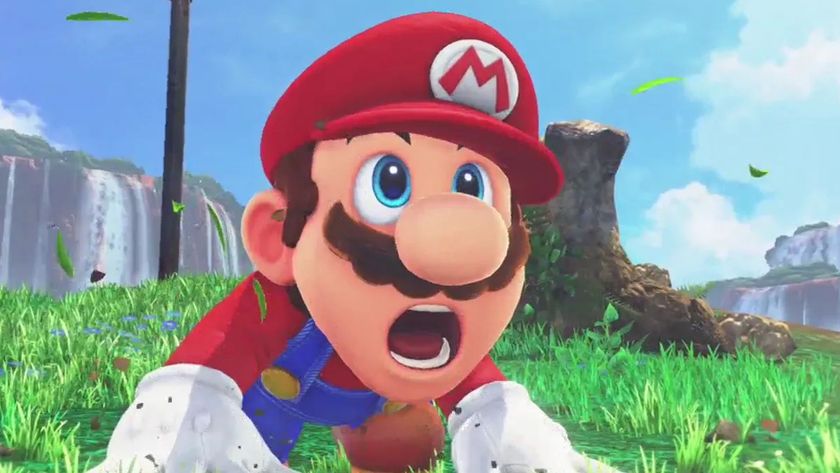ID@Xbox: Asteroid Base and Lovers in a Dangerous Spacetime
Part-platformer, part-shooter and part neon love story, Asteroid Base has made something very unusual. The Toronto indie studio's equal eye for cutesy design and out-of-control arcade blasting makes for a couch co-op game like nothing else out there right now. Plus, if you do want to play alone, you get an AI-controlled space dog who can man cannons. Win-win. I fired orbital email cannons into the inbox of the game's head programmer, Adam Winkels, to get a few answers about his game.
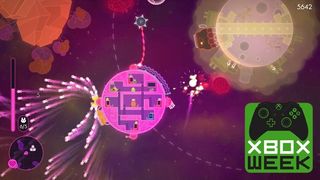
OXM: The game's structure, difficulty, even the three-letter entry high score tables at the end of a run - all of this seems drawn from classic arcade games. Are you fans of that scene? Did you want to make an "arcade-y" game?
Adam Winkels: The short answer is yes, the long answer is more complicated than that. We originally made the prototype for Lovers at Global Game Jam 2012, at that time the game was very much a parallel of old arcade-y experiences like Space Zap crossed with Jumpman. But as we have been developing the game now for over two years we have been refining the gameplay from that prototype. What we have been showing at public events such as PAX and E3 was always our "arcade" build of the game. When players only have 5-10 minutes with a game, we felt it was best to distill the gameplay and that they have clear cut goals and an easy way to measure their performance once their session is done. Being able to input their initials and check their high score, we were trying to create a micro-arcade at our booth, hopefully encouraging people to come back multiple times and compete with their friends (or total strangers). In the final game though, we're aiming for a bit a of a hybrid experience. Since early on in development we looked to the design of games like Left 4 Dead, which to us feels like the modern evolution of co-op arcade games. Drawing from inspirations like that, we're aiming to have a game where your meta goal is about getting better at working more effectively as a team rather than focusing on just a high score.
OXM: Lovers is part of a growing trend of indie games that put a premium on local multiplayer - it almost seems like a backlash against AAA’s growing interest in social, online mechanics? Was it a conscious decision on your part?
AW: Lovers was always made with the idea that you would be sitting next to the person you are playing with, shoving, yelling or hugging them. None of us harbour any ill will towards the concept of playing games with friends over the internet. However, we as a team consistently have more fun playing games in a room together than using a headset over the internet. I used to carry my TV and Xbox over to Matt's house so we could play four player Left 4 Dead together. Our personal experience and preferences definitely influenced our decision to focus on creating a local co-op experience.
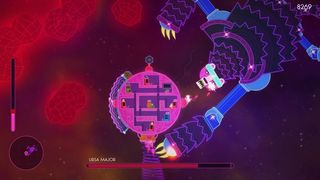
OXM: Your game centres around putting players in a position where they're never quite in control of a situation. How do you go about making that fun rather than frustrating?
AW: This is something we struggle with every day. We're doing our best to make the core of the game as accessible as possible, for instance ensuring that the game's controls are as simple as possible so they never get in the way of what you're trying to accomplish. At the end of the day, I'd be happy with the amount of frustration a players feels while playing Lovers coming down to how effectively they can work with their partner. In our experience, those who communicate and work together effectively consistently perform well.
Sign up to the GamesRadar+ Newsletter
Weekly digests, tales from the communities you love, and more
OXM: Can you pinpoint a particular idea or theme you think indie games will explore in 2015?
AW: 2014 saw a bunch of successful local-multiplayer deathmatch games. In 2015 I think we're going to see more genres of local-multiplayer games such as sport-likes, party games, asymmetrical, racers, and co-op games.
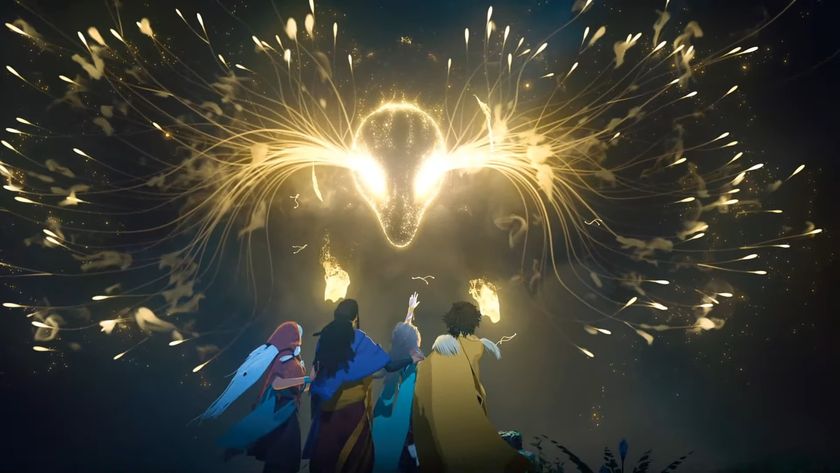
As Switch 2 approaches, original Xbox designer says console power doesn't matter anymore because content is king, and he "would not have done things the same way" Microsoft has
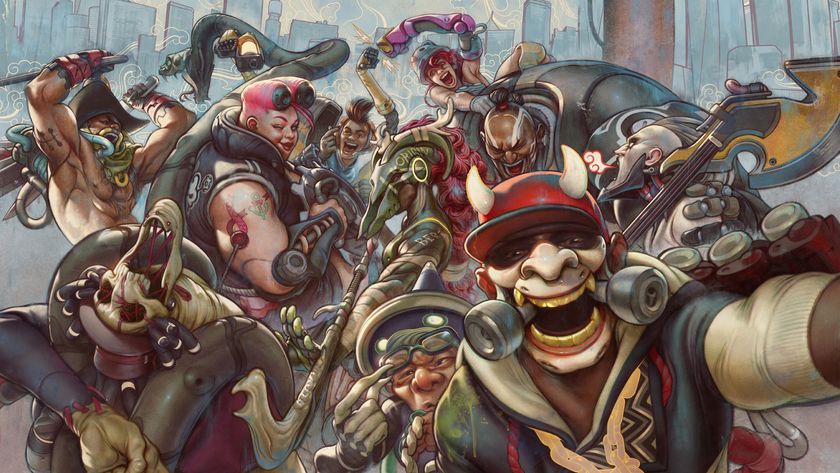
Xbox has officially opened the generative AI floodgates, and Phil Spencer wants to use it for game preservation and save titles that "were maybe tied to unique pieces of hardware"
Most Popular







